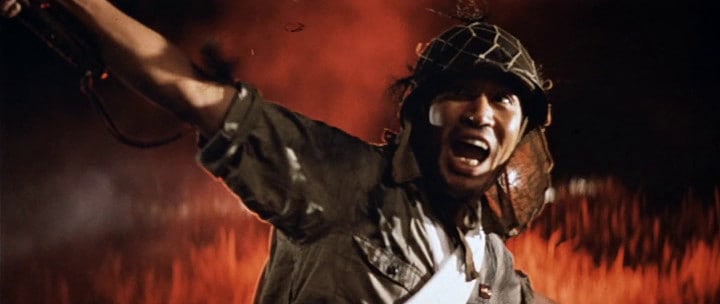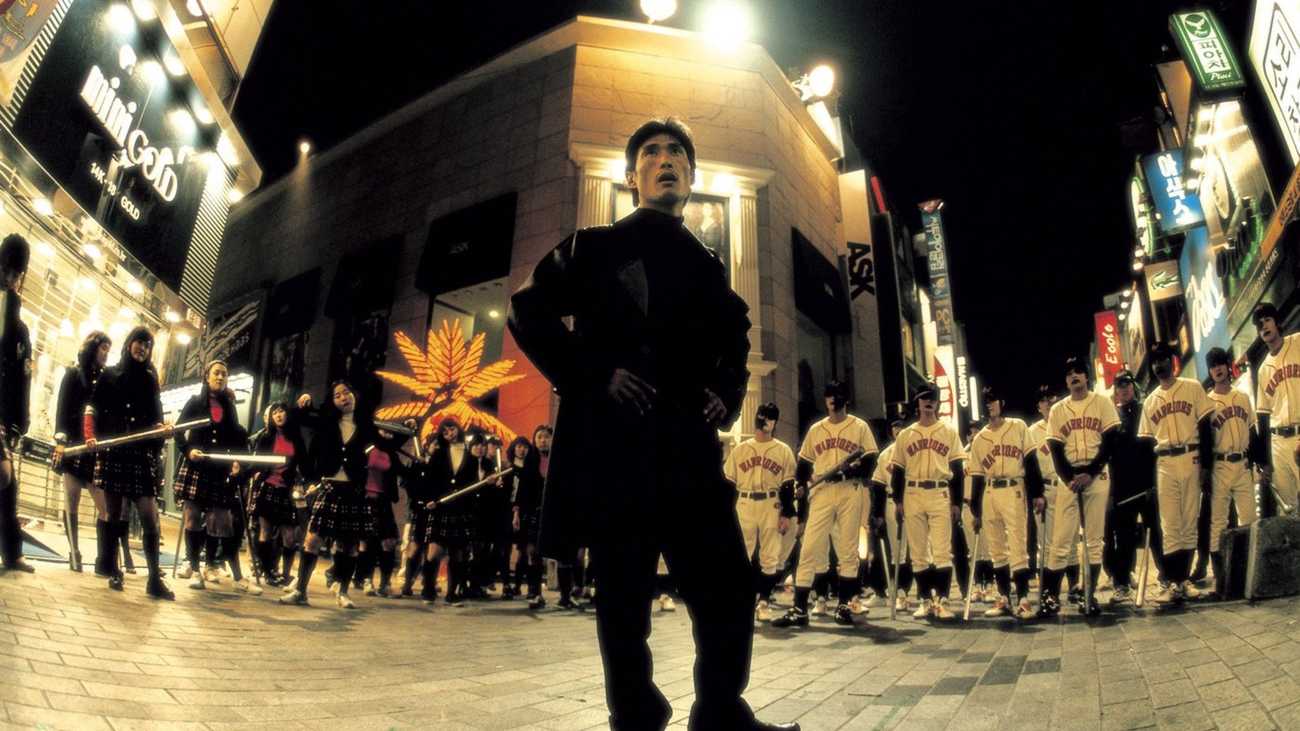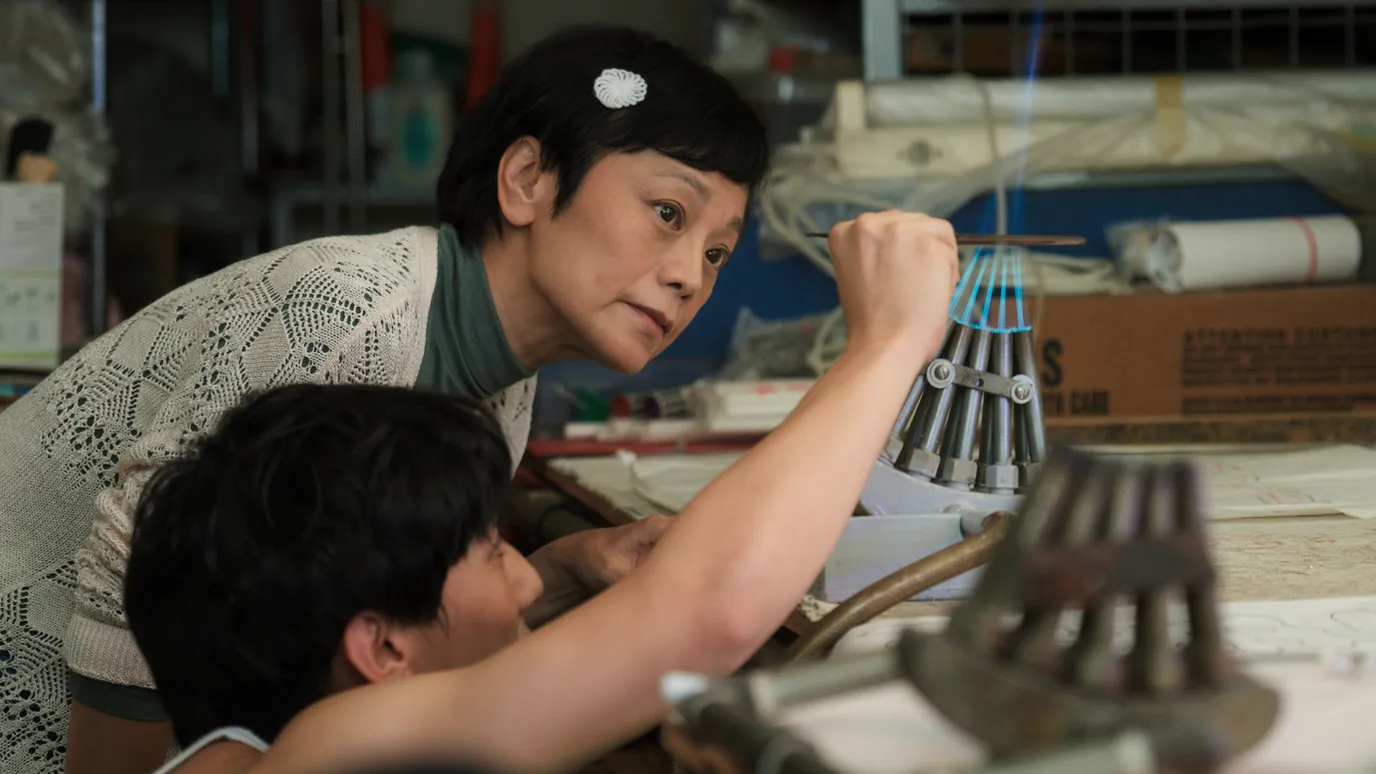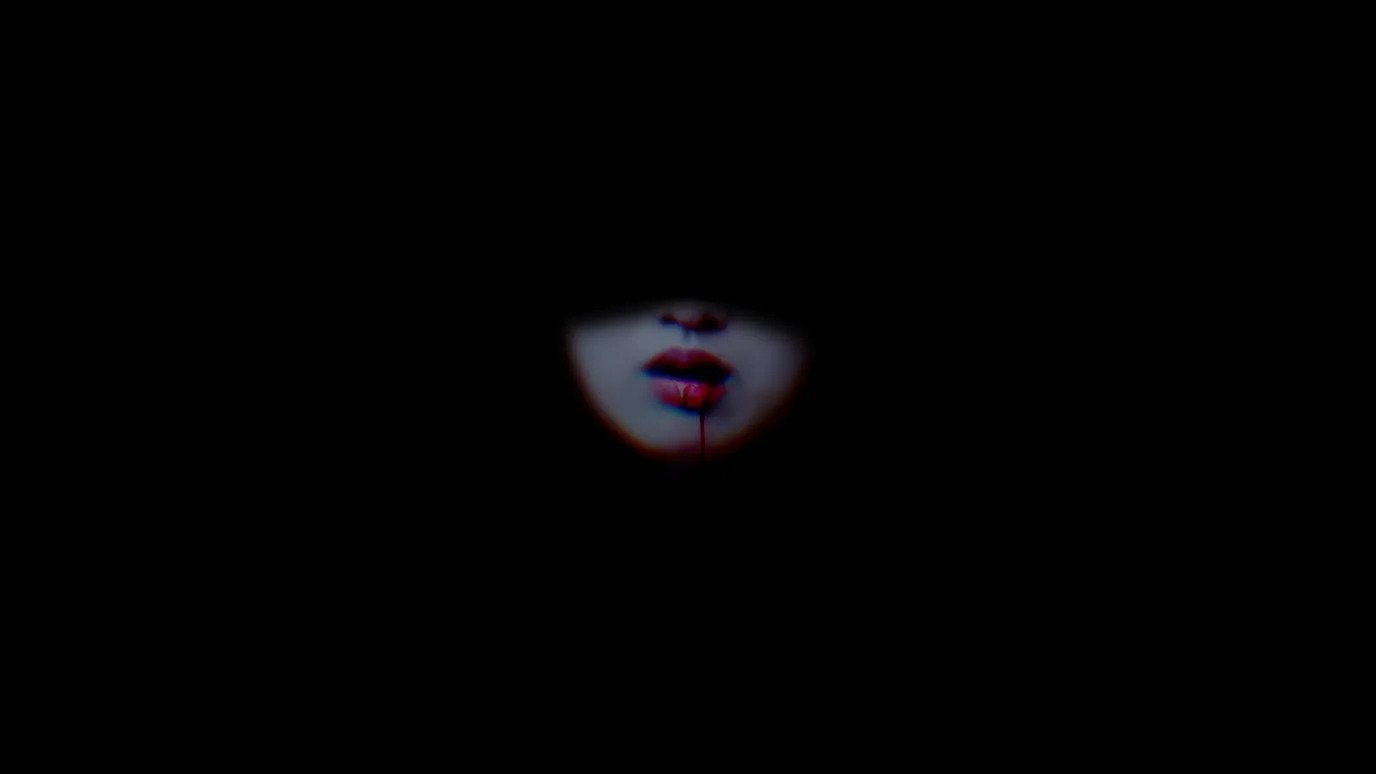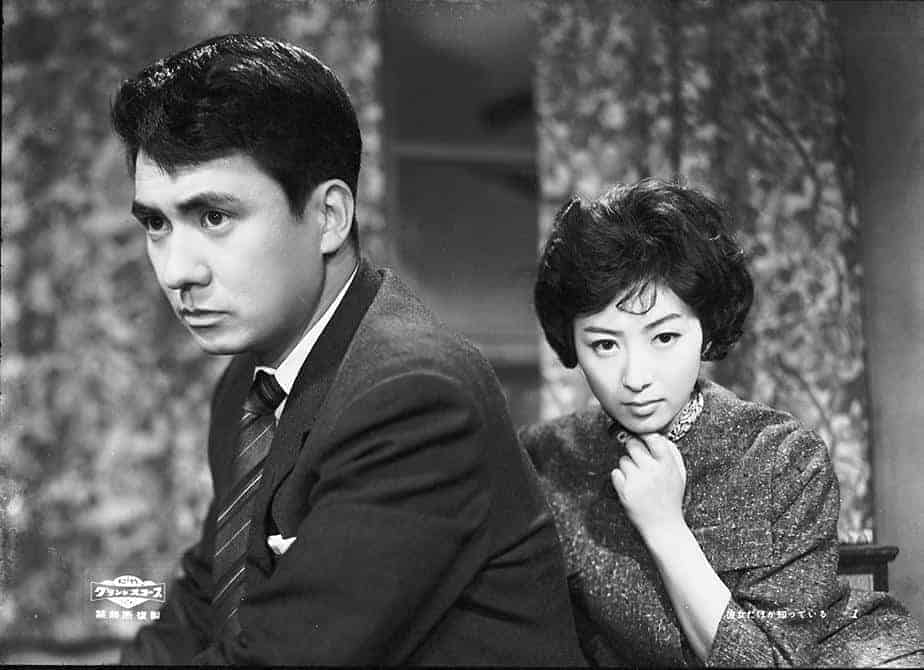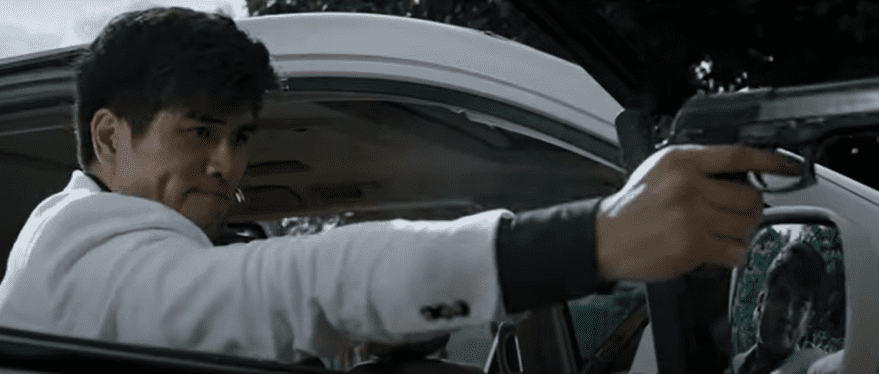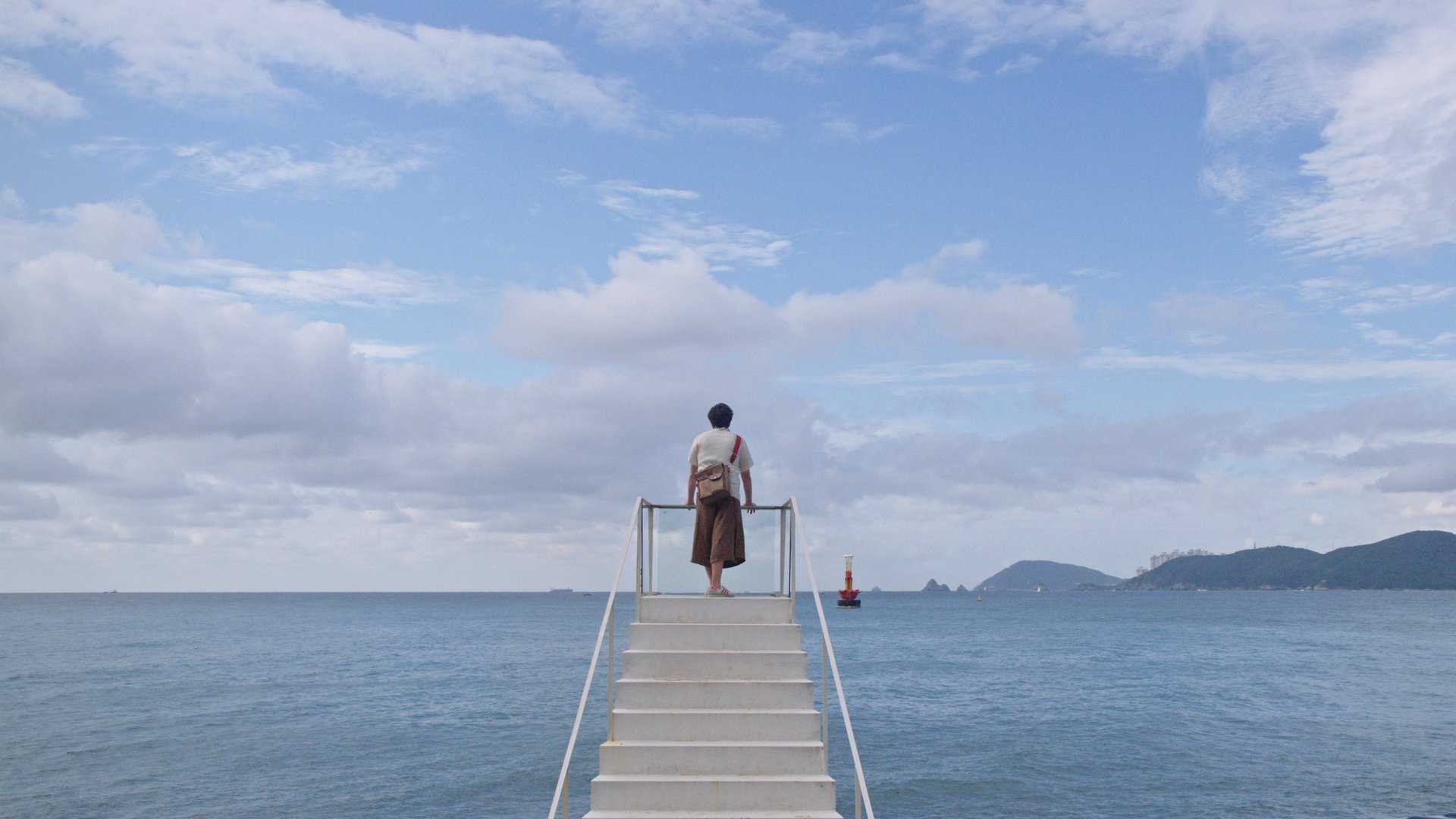Many international viewers probably know filmmaker Kinji Fukasaku for his terrific dystopian action-thriller “Battle Royale,” a movie that blends dark comedy with tragedy and kickstarted a narrative concept that would continue to be frequently utilized in other fictional works. Some may associate him with his campy sci-fi features like “The Green Slime.” Yet, early on, the director gave Japanese audiences viscerally outspoken and bold features. Look no further than his yakuza film series “Battles Without Honor and Humanity,” which tears apart Japan's most operative crime organizations. The director was never afraid to speak his mind on a matter, even if he were to receive criticism as a result. Fukasaku's mindset is openly expressed in his haunting anti-war masterpiece “Under the Flag of the Rising Sun.”
Buy This Title
on Amazon
The film is based on a collection of war short stories by Shoji Yuki. Beyond the source of adaptation, the screenplay is a collective effort written by Kinji Fukasaku, Norio Osada, and Kaneto Shindo. This trio was fitting, considering they saw eye to eye politically and were openly anti-war. Furthermore, all three of them were affected by the horrors of World War II firsthand. The presentation of the narrative is similar to that of Akira Kurosawa's classic “Rashomon” with its examination of the complexities of human nature and the search for the truth surrounding one event. “Under the Flag of the Rising Sun” is hailed as one of the finest pieces of Japanese cinema.
Following the end of the Second World War, Japan is in a state of healing. A heartbroken woman named Saki Togashi searches for answers regarding what led to the death of her husband during World War II. Unfortunately, she is denied benefits while raising her family as a widow, society cruelly forces her into being an outcast, and the exact cause of her husband's death is hidden. All that is known is her deceased lover, Sergeant Katsuo Togashi, died in New Guinea, yet all records surrounding his demise were destroyed. The government even claims he was a deserter. In search of closure, Saki pursues many of Sergeant Togashi's former soldier comrades, asking them what happened, all of which give their own retelling of events. Some claim he died in combat, was killed for desertion, committed cannibalism, or even participated in torture/murder. Eventually, the horrific truth is revealed.
The storytelling is superb, with interesting characters to follow and themes that are still powerful years later. The way the truth is slowly revealed as the narrative continues keeps the audience guessing what will happen next within the mystery setup. All these aspects create terrific suspense while also delivering powerful drama. It is a horrifying movie, and its historical accuracy is on-point. Much of what is shown in the flashbacks did indeed transpire in New Guinea. Fukasaku confronts issues such as ultra-nationalism, war atrocities, and the trauma that followed after the end of the Second World War. Said trauma is further emphasized by some of the horrifying events that took place in the post-war years. Direct criticism is thrown at the Japanese government, society, and those in power, including Emperor Hirohito, who was exonerated from all responsibility regarding war crimes committed by the Imperial Japanese Army. The message of promoting anti-war ideas and avoiding the repeating of past errors is perfectly balanced with a compelling and engaging story. The twist at the end is bone-chilling, topped by one of the most haunting final lines ever uttered by a character in cinema.
The performances are top-notch, with everyone nailing their roles wonderfully. Sachiko Hidari is phenomenal as Saki Togashi, who eagerly searches for answers regarding the fate of her husband. She is gentle and kind, and it is easy for viewers to sympathize and root for her to achieve closure, and it is heartbreaking when she is met with more sorrow in her search. In the part of her lover, Sergeant Katsuo Togashi is Tetsuro Tamba, who is terrific, bringing much range to his role, especially considering that, with each story, the audience is given a different perspective of him. However, one thing that remains consistent with his character is that he is a victim of war. It is quite interesting seeing him in a role like this, considering the year prior he played the ultra-nationalistic sadist Lieutenant General Isamu Cho in Kihachi Okamoto's war epic “Battle of Okinawa.” All the supporting players are also great, a noteworthy standout being Noboru Mitani as Private Tsuguo Terajima, who plays a crucial part in the narrative, especially regarding the shocking revelations of what led to Sergeant Togashi's death.
Even with a smaller budget than other war pictures at the time, “Under the Flag of the Rising Sun” is technically impressive. Everything clicks from the editing to the sound design. The presentation also plays a big part in the story, transitioning from color to black-and-white throughout the film, which adds to the atmosphere and tone. Furthermore, the cinematography is beautiful and gives the movie a documentary feel. The director's staple use of shaky camera techniques is perfectly used in the New Guinea flashbacks. The stunning visuals are thanks to the superb work of cinematographer Hiroshi Segawa. In addition, Hikaru Hayashi composes a haunting music score. As typical with the director's work, Fukasaku does not shy away from disturbing gore, with violence that is not for the faint of heart.
“Under the Flag of the Rising Sun” is a phenomenal film and perhaps Kinji Fukasaku's boldest feature. It's brilliantly acted and gives audiences a story that will keep them guessing what will happen next. No punches are held in showing the horrors of war and the trauma World War II left on the country. The message of how atrocities must be addressed to avoid repeated mistakes still holds great value today. Yet if Fukasaku taught viewers anything, it is not to twist the past. Otherwise, history is doomed to repeat itself.


